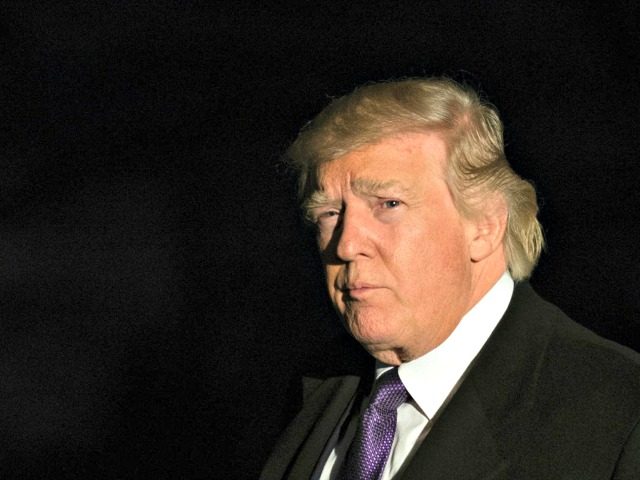Current and former officials — apparently so fearful that an FBI informant’s identity and role would be outed by congressional Republicans — confirmed both to the New York Times and the Washington Post in an attempt to offer their own narratives first.
Both outlets offered details that readily identify the informant — but do not name him, citing concerns for his safety and warnings from U.S. intelligence officials.
The details, however, match a person described in the Daily Caller as Stefan Halper, a Cambridge professor and longtime Washington, D.C. fixture who worked for three Republican administrations and has links to U.S. and British intelligence.
The Times and Post are the first outlets claiming to have confirmed his identity, and to describe him in such detail as to match the description of Halper.
The accounts also indicate the FBI lied about when they first began surveilling the Trump campaign, or might have done so without any particular intelligence.
FBI officials have said they began investigating the Trump administration on July 31, 2016, after stolen Democratic National Committee emails released on July 22, 2016, prompted Australian officials to come forward with information they received from Trump campaign adviser George Papadopoulos months earlier.
Officials sold this version of events last year to the Times, which wrote on December 31, 2017, in a piece titled “How the Russia Inquiry Began: A Campaign Aide, Drinks and Talk of Political Dirt”:
“…when leaked Democratic emails began appearing online, Australian officials passed the information about Mr. Papadopoulos to their American counterparts, according to four current and former American and foreign officials with direct knowledge of the Australians’ role.”
However — the problem with that account is that the FBI informant had approached Trump campaign adviser Carter Page before that email release on July 22, 2016, and before the Australians came forward with the information.
The informant first approached Carter Page at a Cambridge symposium on the U.S. presidential election in London on July 11-12, 2016. Page was invited to the symposium in June 2016 by an unnamed doctoral student at Cambridge who knew Halper, according to a source.
That timeline — of Page being approached by the informant before the Australian tip off — was confirmed to the Post, which wrote:
“In mid-July 2016, a retired American professor approached an adviser to Donald Trump’s presidential campaign at a symposium about the White House race held at a British university.
“The professor took the opportunity to strike up a conversation with Carter Page, whom Trump had named a few months earlier as a foreign policy adviser.
“But the professor was more than an academic interested in American politics — he was a longtime U.S. intelligence source. And, at some point in 2016, he began working as a secret informant for the FBI as it investigated Russia’s interference in the campaign, according to people familiar with his activities.”
The timeline of events indicate that the current and former officials lied about when their investigation of the Trump campaign started, and why.
Some have speculated that former CIA Director John Brennan had launched a spy operation on the Trump campaign as early as April 2016, but it is not clear what might have prompted him.
The leakers confirmed to the Times and the Post that the informant had also reached out to Papadopoulos in the ensuing months after he reached out to Page.
The Post revealed that the informant had also approached a third Trump campaign adviser, Sam Clovis, offering help to the campaign:
“In late summer, the professor met with Trump campaign co-chairman Sam Clovis for coffee in Northern Virginia, offering to provide foreign-policy expertise to the Trump effort. In September, he reached out to George Papadopoulos, an unpaid foreign-policy adviser for the campaign, inviting him to London to work on a research paper.”
The Post notes the informant’s role raises questions about how he first became involved in the case, the extent of the information he provided, the actions he took to obtain intelligence for the FBI, and whether his interaction with Page was for the FBI or for another agency, such as the CIA.
Details about the informant began leaking to the Times and the Post after House Intelligence Committee Chairman Devin Nunes inquired about the informant last month.
Officials initially went to the White House to try to stop Nunes from receiving the information, according to the Post. After first denying his request, last week, Justice Department officials briefed Nunes and Rep. Trey Gowdy (R-SC).

COMMENTS
Please let us know if you're having issues with commenting.